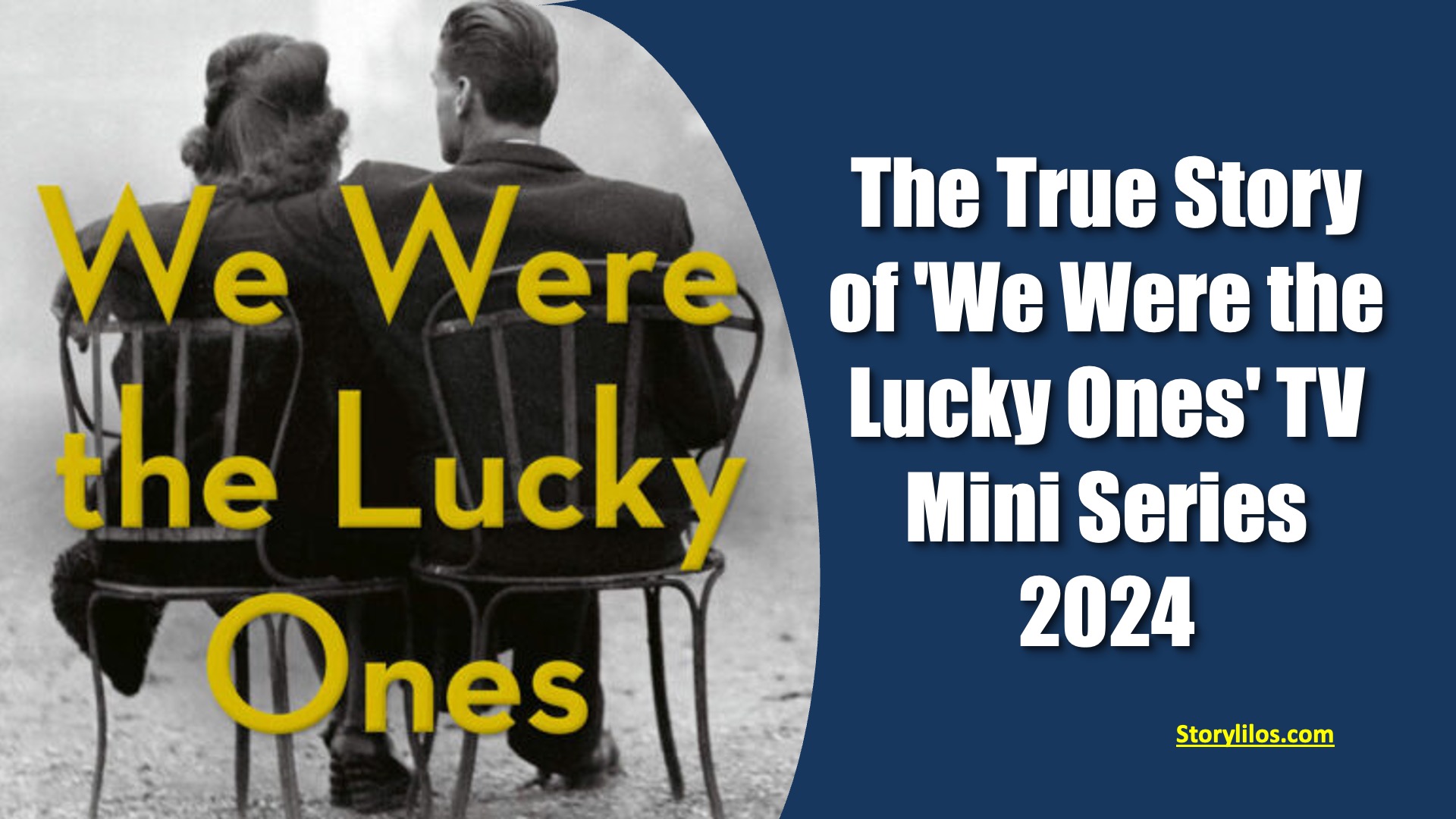“We Were the Lucky Ones” stands out as a compelling narrative deeply rooted in the factual events of a family’s survival during the tumultuous period of World War II, making it clear that {We Were the Lucky Ones are true story}. The author, Georgia Hunter, undertakes a profound journey into her family’s past, bringing to life the experiences of her ancestors with a remarkable blend of fidelity and narrative flair. By adopting her characters’ points of view, Hunter not only narrates the events but also dives deep into the emotional and physical realities her relatives faced—be it the sheer terror in moments of uncertainty or the biting cold that they endured. Her narrative is enriched further by her efforts to bridge the gaps in her family’s story with meticulous historical research. This technique allows Hunter to provide a fuller picture of the circumstances, embedding her family’s saga within the larger historical context of the era. Thus, {We Were the Lucky Ones are true story}, told with a combination of personal insight and historical accuracy that captures the essence of her family’s remarkable endurance.
Moreover, Georgia Hunter’s use of her own voice to articulate the personal experiences of her characters adds a layer of intimacy and immediacy to the story of “We Were the Lucky Ones.” This approach not only humanizes the harrowing challenges faced by her family but also serves as a testament to the resilience of the human spirit against overwhelming odds. By meticulously filling in the blanks with historical information, Hunter ensures that the reader gains not just an understanding of her family’s personal trials but also an appreciation for the broader historical events that shaped their journey. The fact that {We Were the Lucky Ones are true story} is emphasized through Hunter’s careful balance of personal narrative and historical context, making the book not only a tribute to her family’s survival but also an important contribution to the documentation of World War II experiences. This blend of personal history with broader historical events provides a powerful narrative that is both educational and deeply moving, offering insights into the impact of global conflict on individual lives and the unyielding hope that can emerge from the depths of despair.
